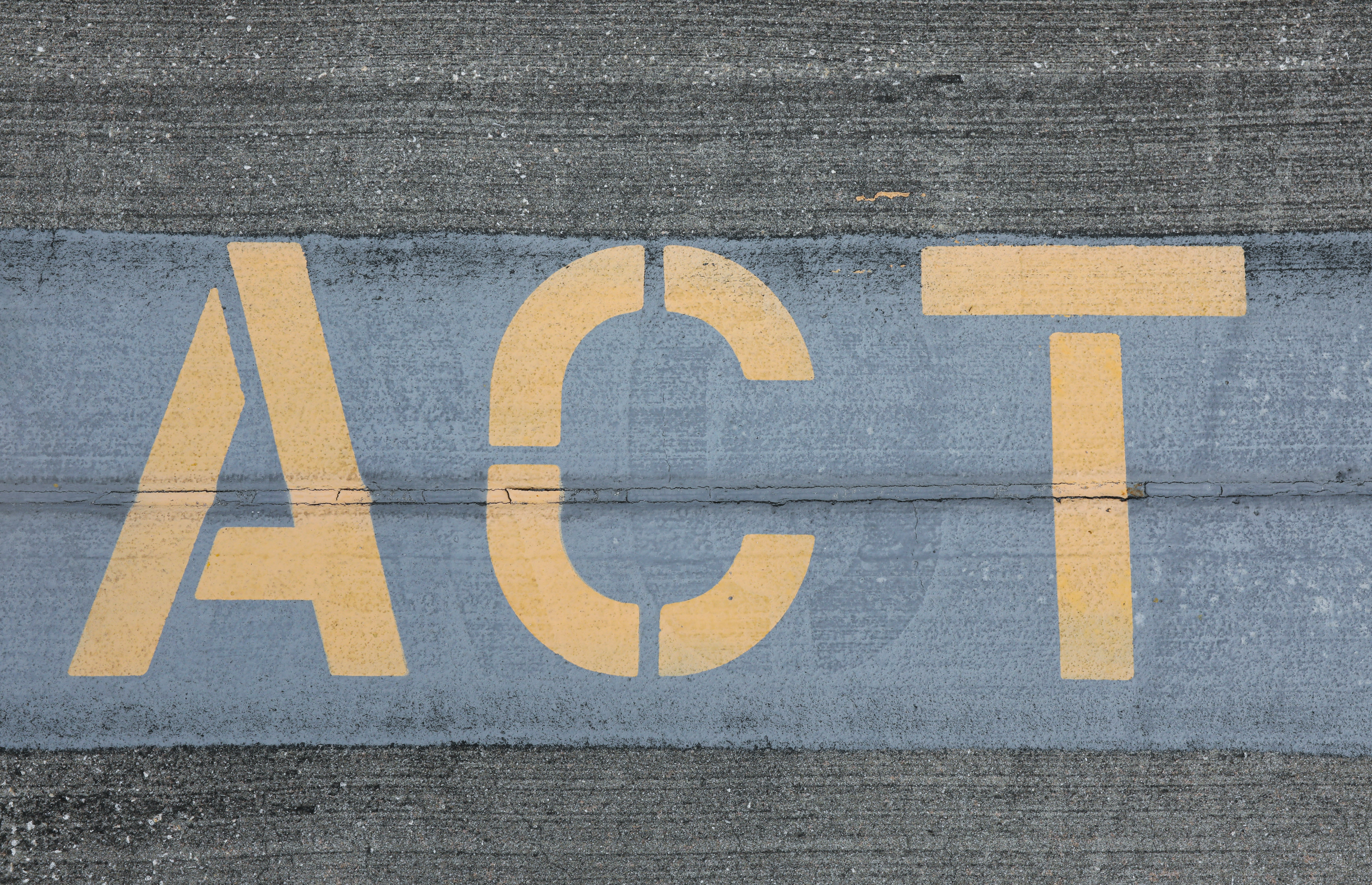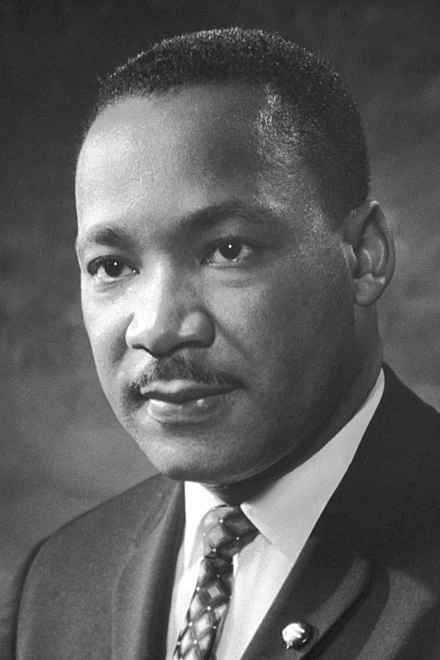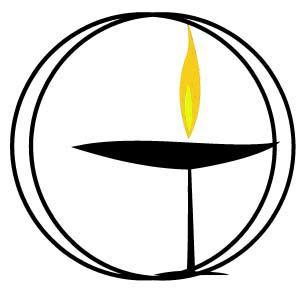Don’t miss out on the best deal for General Assembly 2024. The early bird catches the savings! Register now, and lock in the lowest rates available through March 15. For just a $50 down payment with the Early Bird Payment Plan, secure your spot for an enriching experience packed with featured speakers, dynamic worship, and exclusive access to our event app’s on-demand content. Whether you’re a past attendee or a first-timer, this is your chance to be part of an incredible gathering. Reserve your virtual spot today, and join us at General Assembly 2024. A reminder, the UUA is committed to the goal of making General Assembly accessible to the maximum number of attendees possible. Financial support is available as well as volunteer opportunities to offset the cost of registration for GA 2024. Learn about the option available here.
Pacific Western Region UUA Regional Assembly 2024
It’s time to get together!
Registration is open for our Pacific Western Regional Assembly this April 19th and 20th!
Please share this widely within your congregation, in your newsletter and Sunday announcements.
People can attend either in person, at First Universalist in Denver, or remotely. We are planning a family friendly event and children are welcome. This is a great chance to connect with our larger faith and connect with new and old friends. Stay up to date on all the PWR RA Plans here. Register here.
It’s time to get together!
Registration is open for our Pacific Western Regional Assembly this April 19th and 20th!
Please share this widely within your congregation, in your newsletter and Sunday announcements.
People can attend either in person, at First Universalist in Denver, or remotely. We are planning a family friendly event and children are welcome. This is a great chance to connect with our larger faith and connect with new and old friends. Stay up to date on all the PWR RA Plans here. Register here.
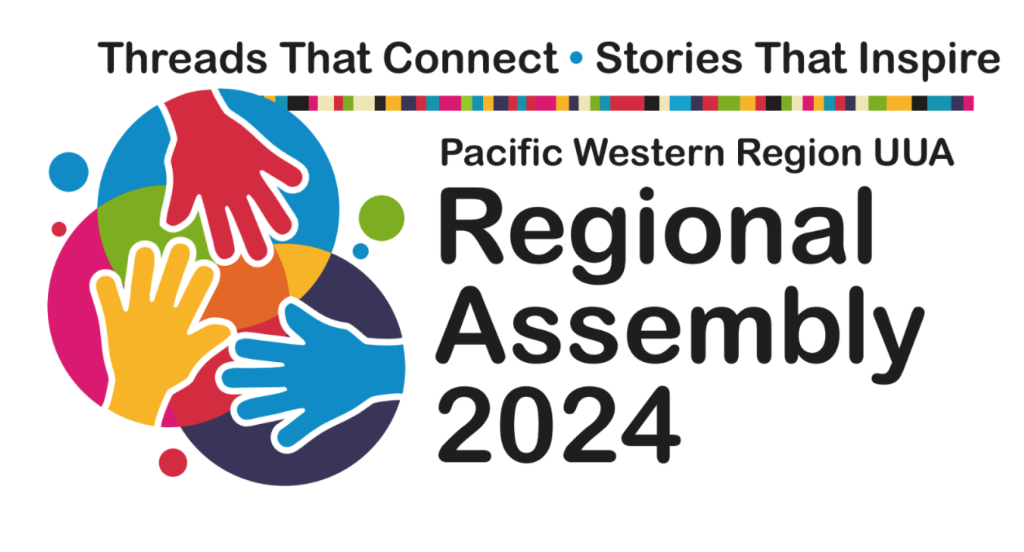
We Care is hiring!
Do you or someone you know have an interest in helping We Care further our mission, by applying to be our half-time Intake Coordinator?
The Intake Coordinator oversees all steps of the Intake process, supports volunteers, talks with applicants and partner agencies, and coordinates with the We Care Board. A complete job description and job application can be found here. Applications submitted by January 30 will be given priority.
Difficult Conversations: The University’s Role in Restoring Civic Dialogue with Drs. Robert George and Cornel West
Jan 22nd, 7-8:30 PM, at LaSells
EDI would like to invite you to an opportunity to attend a special event at LaSells, focusing on civil discourse and “difficult conversations” —an area of deep concern for many of us! Dr. Cornel West and Dr. Robert George will be featured speakers at LaSells and online via live.oregonstate.edu.
The topic: Difficult Conversations: The University’s Role in Restoring Civic Dialogue.” We are asked to register for this event.
Action Lunch is Back! 3/10
An Action Lunch is a light lunch provided by volunteers, after a Sunday service, usually to support some aspect of our justice and outreach work. We haven’t had one in a long time, until now! The Immigrant and Refugee Support Team is putting on an Action Lunch on March 10 to raise funds to support our asylum seekers from El Salvador. Are you able to prepare a vegan teriyaki stir fry to feed 35? (Ingredients supplied) Let Nancy Kyle know: n.kyle12@gmail.com
Secure Housing and Food For All Meeting, 1/21
The Secure Housing and Food for All Justice Team is meeting this Sunday 1/21 at 11:30 in the Gallery of the sanctuary. (okay to bring in coffee). Information about the Warming Centers open the past few days.And planning for the Justice Council meeting on 2/2/24. Questions: Roberta Smith robertasmith2@gmail.com or elonameyer@icloud.com
EDI Book Discussion 1-29
Monday, January 29th, 7:00 pm on Zoom.
With the current controversy around the need for reparations, the UUA common read, On Repentance and Repair, Making Amends in an Unapologetic World, by Danya Ruttenberg offers us an opportunity to explore what true reparation or restitution can be in our public institutions and our own lives. Join us for a timely conversation as we explore Ruttenberg’s book 7-8:30 PM, Monday, January 29th.
Let us know if you need assistance locating this important book.
Contact Elona Meyer to recieve the zoom link.
Organized by the Equity, Diversity and Inclusion Team, a member of the UUFC Justice Council.
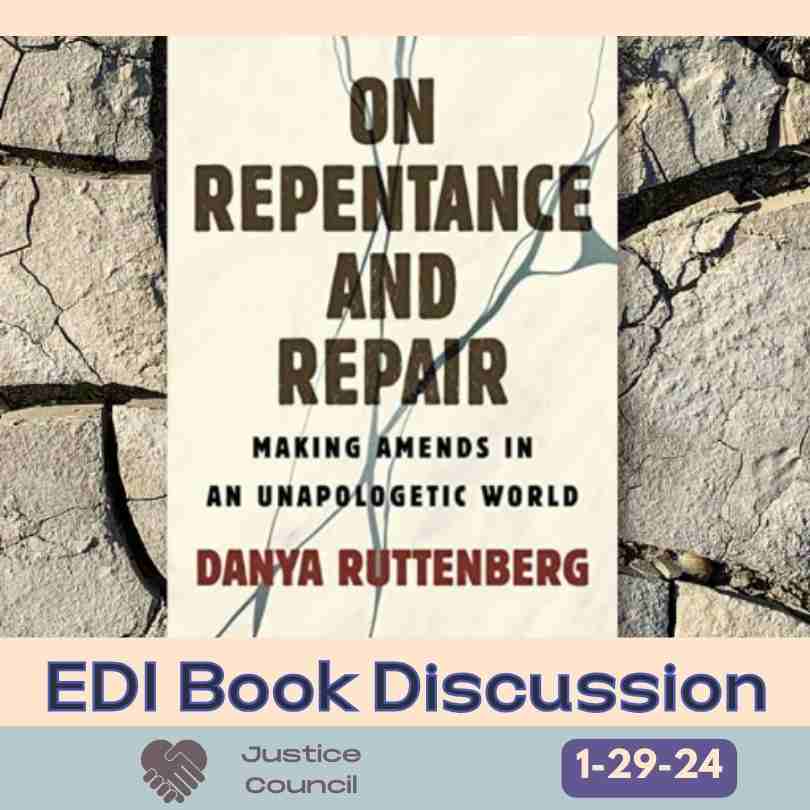
Between Us, 1/14/2024
In our Inquirer’s Series – the after-Sunday-service sessions designed for newcomers (and everyone else too)– one of the sessions is devoted to learning about the “Liturgical Year” of the Fellowship. The idea of “liturgy” (which is most commonly defined as “the work of the people”) comes from our Christian roots where it refers to both the order of service for Sunday worship and the annual calendar of holidays and holy days. Unitarian Universalism does not have an official liturgical calendar, though some celebrations are widely shared among congregations – for example the Czech Flower Ceremony, the Joining of the Waters, and National Pride Month.
In my own liturgical year, two of the most important days are the birthday of Martin Luther King, Jr, and the holiday which remembers it. (This year they are the same day). I was only ten years old when King was killed: I still have strong memories of his face and voice on television, and the scenes of his funeral. When I became a student for UU ministry, I began to read his collected sermons and writings, and I have been doing so ever since. I imagine that I will continue to study his life and work for the rest of my life.
Martin Luther King, Jr. was born in 1929. If he had lived, he would have been 95 years old. He was murdered 56 years ago, at the age of 39. How different would our country have been, would we all be, if he had lived this long? We have now been observing his birthday as a holiday for 38 years – nearly as long as his short life. So much has changed since his death, and so much has hardly changed as all. Washington Post writer Perry Bacon, Jr noted last year that “the protests after the murder of George Floyd led to a society-wide rethinking of America’s policies toward Black Americans, but not much policy change.” In truth, the justice King advocated, and died for, remains elusive too much of the time.
The annual observance of Martin Luther King, Jr. day is an opportunity for learning and contemplation of where we’ve come from and where we’re going, in this particular history, this specific tragedy of American racism. A day to listen again to his words and the words of others and to acknowledge our own lives within this history, which includes right now. What will we do with this day, for the promise which still calls? What can we do, beginning now?
In 1966 King wrote: “Our goal is to create a beloved community and this will require a qualitative change in our souls as well as a quantitative change in our lives.” May this be a year in which we see changes in our souls, in ourselves, and in the communities we are part of, including the Fellowship. Let us begin again.


